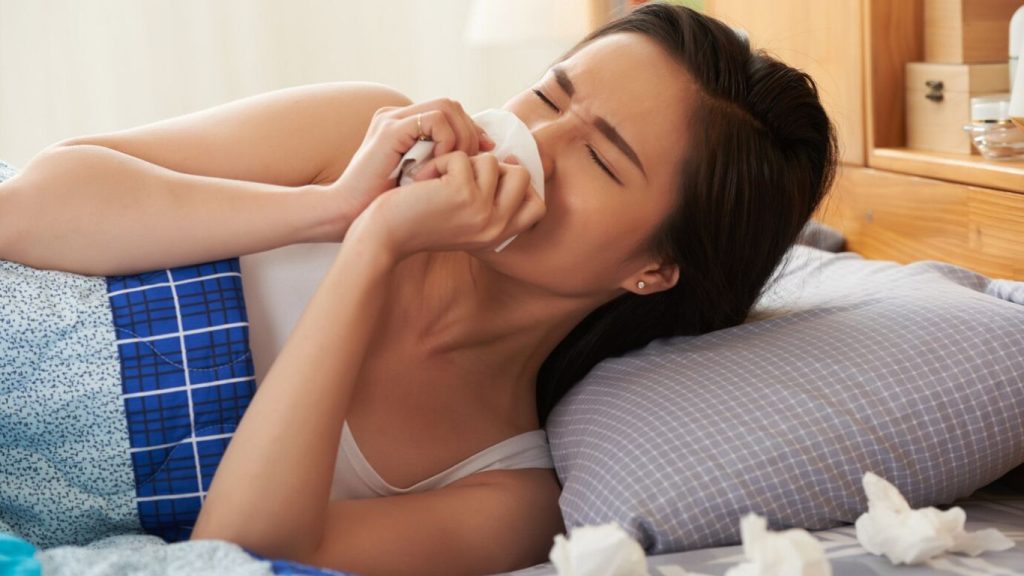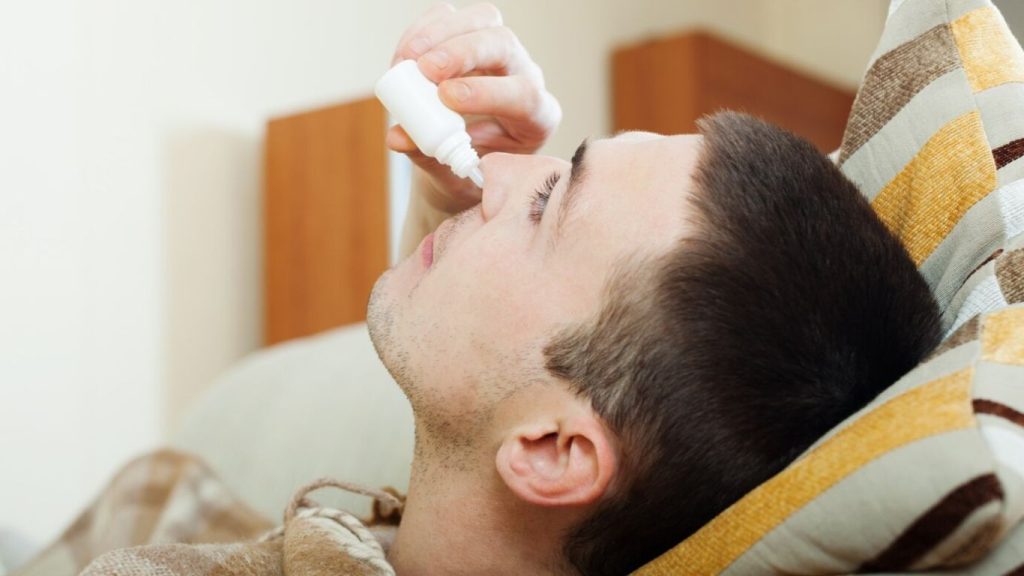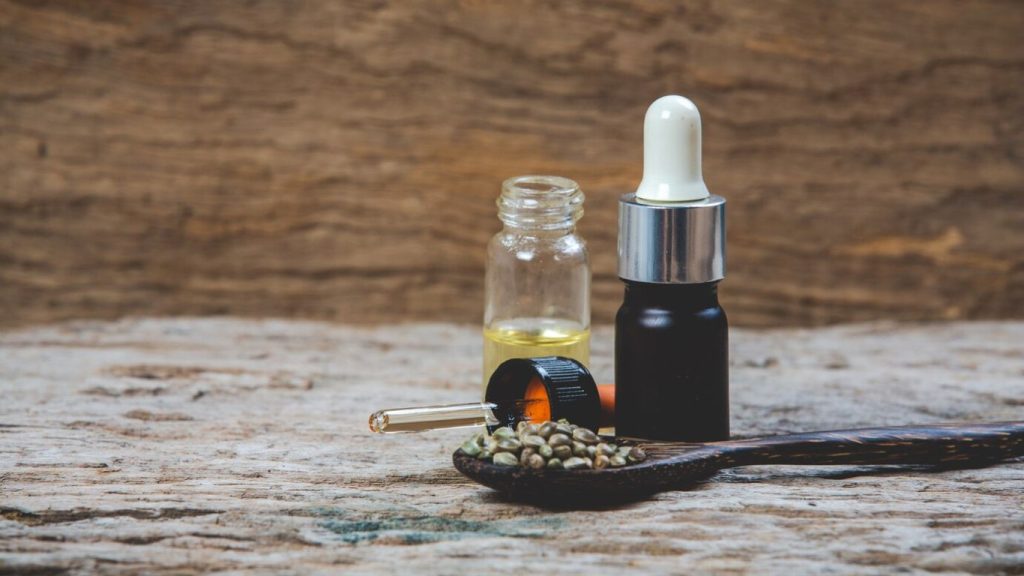Sinus pain, a result of sinusitis or sinus infection, can be a debilitating experience. It can cause severe discomfort, making even routine activities challenging, and when it comes to sleeping, the challenge amplifies. This guide will delve into strategies and remedies to help you sleep better even while managing sinus pain.
Understanding Sinus Pain
Sinuses are air-filled cavities within the bones around the nose. When these sinuses become inflamed, it leads to sinusitis. The inflammation can cause swelling, leading to blockages that trap air and mucus, resulting in pain and pressure.

Why Nighttime Makes It Worse
Lying down can increase the pressure within the sinuses, causing intensified pain. Additionally, mucus might not drain as effectively when you’re horizontal, leading to increased congestion and discomfort.
Effective Strategies to Sleep Better
1. Elevate Your Head
Prop your head up with extra pillows. Elevating your head promotes mucus drainage, preventing blockages and reducing pain.
2. Maintain a Consistent Sleep Schedule
Even with sinus pain, try to go to bed and wake up at the same time daily. Consistency reinforces the body’s sleep-wake cycle.
3. Keep the Air Moist
Dry air can aggravate the sinuses. Use a humidifier in your bedroom to maintain moisture in the air. Ensure you clean the humidifier regularly to prevent mold buildup.
4. Stay Hydrated
Drink plenty of fluids. Hydration can thin the mucus, promoting better drainage and reducing congestion.
5. Warm Compress
Place a warm, damp cloth over your sinuses for a few minutes before bedtime. The warmth can help relieve sinus pressure and open nasal passages.
6. Avoid Alcohol and Caffeine
Both can interfere with your sleep and can also lead to dehydration, which can thicken mucus. Aim to reduce their intake, especially in the hours leading up to bedtime.
7. Sleep on Your Side
If you typically sleep on your back, try switching to a side position. This can reduce congestion and prevent postnasal drip.
8. Keep Your Bedroom Allergen-Free
Allergens can aggravate sinus pain. Regularly clean and vacuum your bedroom, use hypoallergenic pillows, and consider using an air purifier.
Natural Remedies for Sinus Relief
Nasal Saline Irrigation
Using a neti pot or saline spray can help clear out mucus and hydrate the nasal passages.

Steam
Inhale steam from a bowl of hot water or take a warm shower before bed. The steam can open up the sinuses and reduce pain.

Essential Oils
Some essential oils, like eucalyptus and peppermint, might help reduce inflammation and open nasal passages when inhaled. However, always ensure you’re not allergic and dilute them properly.

Herbal Tea
Warm, caffeine-free herbal teas like chamomile or ginger can be soothing and might help reduce inflammation.

Medications to Consider
Always consult with a healthcare professional before starting any medication.
Over-the-Counter Pain Relievers
Non-prescription pain relievers like acetaminophen or ibuprofen can help reduce sinus pain and inflammation.
Nasal Corticosteroids
These prescription nasal sprays can prevent and treat inflammation.
Decongestants
Available as over-the-counter pills or nasal sprays, decongestants can help reduce swelling and ease pain.
Antihistamines
If allergies are aggravating your sinus pain, antihistamines might help.
When to See a Doctor
If sinus pain persists for more than a week, is severe, or is accompanied by other symptoms like fever, consult with a healthcare professional. Chronic or recurrent sinusitis might require more intensive treatment or could be a sign of an underlying condition.
In Conclusion
Sinus pain, especially at night, can be a real impediment to restful sleep. However, with a combination of lifestyle changes, natural remedies, and, if necessary, medications, it’s possible to find relief. Remember, everyone’s body is different; what works for one person might not work for another. Through trial and understanding, you can discover the strategies that offer you the most relief, allowing you to sleep peacefully even amidst sinus challenges.
Frequently Ask Questions
Lying down can increase the pressure within the sinuses, exacerbating the pain. Moreover, mucus might not drain as efficiently when you’re horizontal, leading to heightened congestion and discomfort.
Propping your head up with pillows can facilitate mucus drainage, potentially reducing blockages, pain, and pressure.
Yes, nasal saline irrigation, inhaling steam, using essential oils, and drinking warm herbal teas can provide relief from sinus pain.
Yes, a humidifier adds moisture to the air, preventing your nasal passages from drying out. Dry air can irritate the sinuses further, so maintaining a moist environment can be beneficial.
Allergens can exacerbate sinus pain. If allergies are a root cause of your sinus issues, it’s essential to keep your sleeping environment allergen-free. This includes regularly cleaning, using hypoallergenic bedding, and considering an air purifier.
For some, sleeping on the side might reduce congestion and prevent postnasal drip, offering relief from sinus pain. It can be a matter of personal comfort and the specific sinuses affected.
If the pain persists for over a week, is particularly severe, or is accompanied by other symptoms like fever, it’s essential to seek medical advice. Chronic sinus issues might require more intensive treatment or could indicate an underlying condition.
Decongestants can reduce swelling and ease pain, potentially helping with sleep. However, some people might experience side effects like increased heart rate or insomnia. Always follow dosing guidelines and consult with a healthcare professional.
